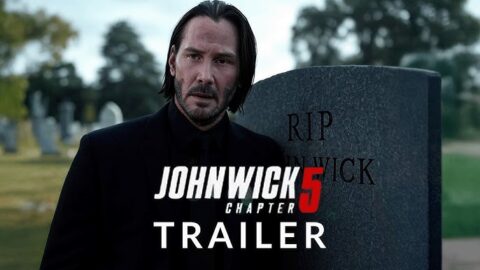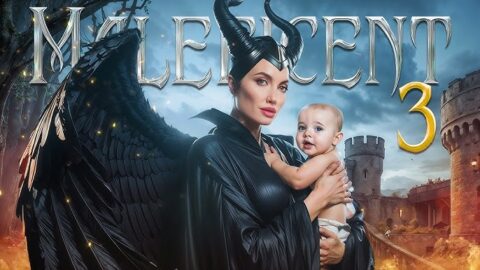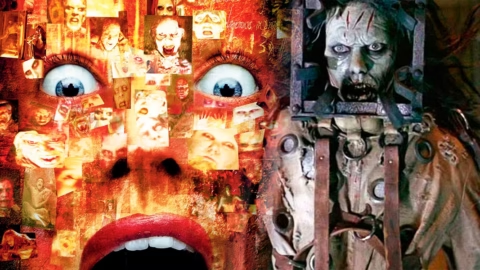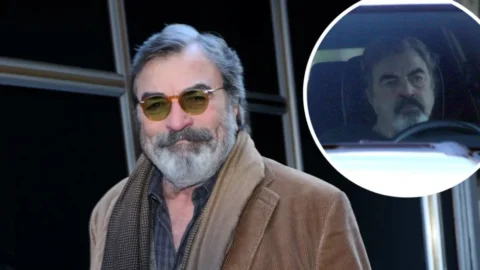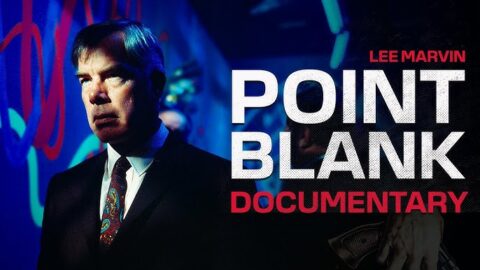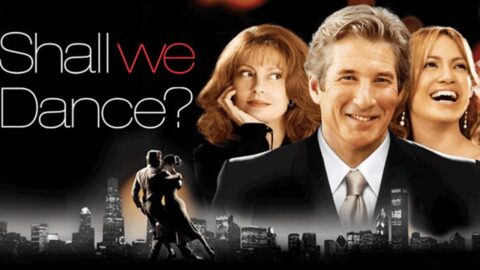Genre: Musical Biopic | Drama | Coming-of-Age
La Bamba (1987) is an exuberant, heartfelt celebration of rock ‘n’ roll’s early days—and a tender, bittersweet tribute to the brief, blazing life of Ritchie Valens, the Mexican-American teen whose music broke barriers and whose tragic fate helped shape rock history. Directed by Luis Valdez, this vibrant biopic captures both the thrill of a dream realized and the heartbreak of a life cut far too short.
Set in the late 1950s, the film follows Richard Steven Valenzuela—better known as Ritchie Valens (played with warmth and charm by Lou Diamond Phillips). Ritchie is just a shy, guitar-loving kid from Pacoima, California, whose extraordinary talent lifts him from picking fruit in the fields with his family to recording hit singles that rocket him onto national charts. His meteoric rise is driven by hits like Come On, Let’s Go, Donna, and of course, La Bamba—his electrifying adaptation of a Mexican folk song that still ignites dance floors decades later.
But La Bamba is more than just a jukebox biopic. It’s also a moving family story—one that beautifully explores the tensions and bonds of a Mexican-American household trying to find its place in a country that often sees them as outsiders. The film is anchored by Ritchie’s complicated relationship with his troubled older half-brother, Bob (Esai Morales, in a raw, unforgettable performance). Bob is wild and self-destructive but deeply protective of his younger brother—a charismatic but tragic figure overshadowed by Ritchie’s rising star.
Valdez fills the film with rich cultural detail—backyard parties, neighborhood dances, bustling recording studios—and a nostalgic warmth that makes you feel every high and low alongside the Valenzuela family. The soundtrack, featuring Los Lobos’ spirited renditions of Ritchie’s classics, injects the film with an infectious energy that perfectly captures the optimism of a young artist chasing the American Dream with a Fender Stratocaster slung over his shoulder.
Yet, for all its joy, La Bamba never loses sight of the cruel irony at its core: that Ritchie Valens’ life ended far too soon. At just 17 years old, he died in the 1959 plane crash that also claimed Buddy Holly and The Big Bopper—a moment immortalized as “the day the music died.” The film’s final moments, paired with Los Lobos’ soulful take on Sleep Walk, remain one of the most quietly devastating endings in musical cinema.
What makes La Bamba endure is its heart. It’s not just about a rock ‘n’ roll legend—it’s about family, roots, dreams, and the bittersweet ache of what might have been. It’s about celebrating a young man who, for a brief, shining moment, showed millions that music knows no borders and that anyone—no matter where they come from—can leave behind a song that never stops playing.
Decades later, La Bamba remains a timeless anthem for dreamers, a powerful slice of American music history, and a reminder that sometimes the brightest stars burn the quickest, but their light can inspire generations.


